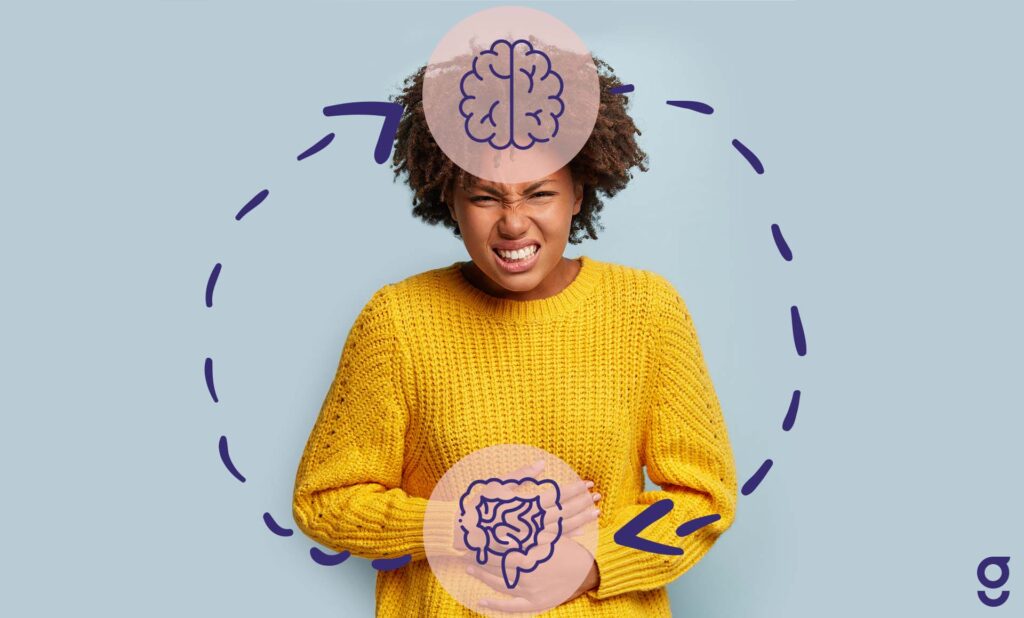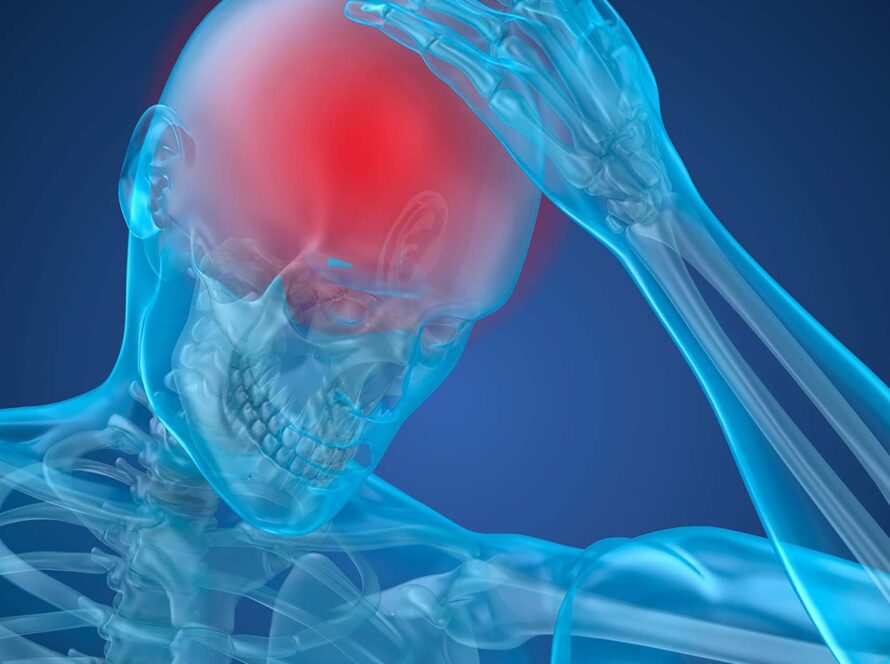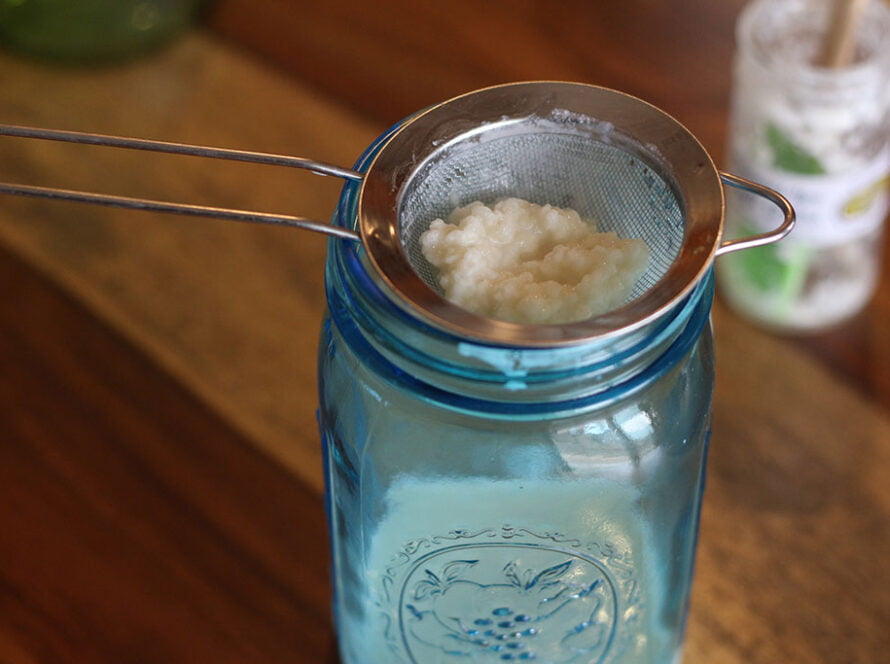Q
You’ve probably been hearing a lot about how your gut health affects more than your digestive system. In fact, more and more studies have found that gut health is related to a number of things in your body, including your brain and emotions. Recent research has found that small molecules in our brains help our gut bacteria hijack emotions. Gut bacteria have a weird influence over one’s mood and emotions, but it wasn’t clear how they control the brain. Now a new study suggests that gut microbes can actually alter the inventory of microRNAs, which are molecules that keep cells working correctly by managing protein production, that reside in regions of the brain that control anxiety.
The study involved rodents and can help develop new treatments for mental health problems. So the absence or presence of certain gut bacteria can actually influence whether the rodent shows anxiety-like behaviours. Co-author Gerald Clarke, a psychiatrist at University College Cork in Ireland, compared normal mice with digestive systems with bacteria with other mice bred in sterile environments, whose guts didn’t have any microbes.
What they found was that the brain regions usually involved in regulating anxiety like the prefrontal cortex and amygdala of the microbe-free mice had too many types of microRNA and a shortage of others when compared to the normal mice but after they were given microbes, these rodents had microRNA levels that matched the normal mice. This led researchers to believe that gut bacteria affects host’s anxiety levels by messing with microRNAs in parts of the brain.
So a healthy gut is essential to keeping particular sections of the brain working correctly. The study also showed that even though you have a healthy level of gut bacteria when you’re young, if anything changes later in life, your brain could still be affected, causing your anxiety levels to increase.
So what can disrupt your gut bacteria?
A number of things actually! Antibiotics might help with infections, but not only do they kill dangerous bacteria, they kill even the good kind! This is a problem for our digestive system since we need our gut bacteria to be balanced to be healthy and function right. So if a person with anxiety is on antibiotics, they might see an increase in their anxiety symptoms because their gut doesn’t have the right balance of bacteria.
Women on birth control pills can also harm the balance of bacteria in a woman’s gut, causing her anxiety levels to be higher than normal. Processed foods, especially those high in refined sugars and flours are harmful to your gut bacterial. If you eat a lot of these foods, you’re allowing abnormal microbes to thrive, thus weakening your gut’s healthy and good bacteria.
The good news is that you can restore your gut’s microbe balance by taking a quality probiotic and eating a healthy diet. Once you start to re-introduce good bacteria in your gut, you’ll start to experience “die-off” symptoms, which include dizziness, headaches, fever, nausea and cold-like symptoms that are all signs of good bacteria starting to balance out. But don’t worry since these symptoms won’t last long and you’ll soon feel better than ever! Keeping your anxiety at bay naturally is easy when you have a healthy gut!
Many of the gut signals reaching the brain will not only generate gut sensations, such as the fullness after a nice meal, nausea and discomfort, and feelings of well-being, but will also trigger responses of the brain that it sends back to the gut, generating distinct gut reactions. And the brain doesn’t forget about these feelings, either. Gut feelings are stored in vast databases in the brain, which can later be accessed when making decisions.
Emeran Mayer



